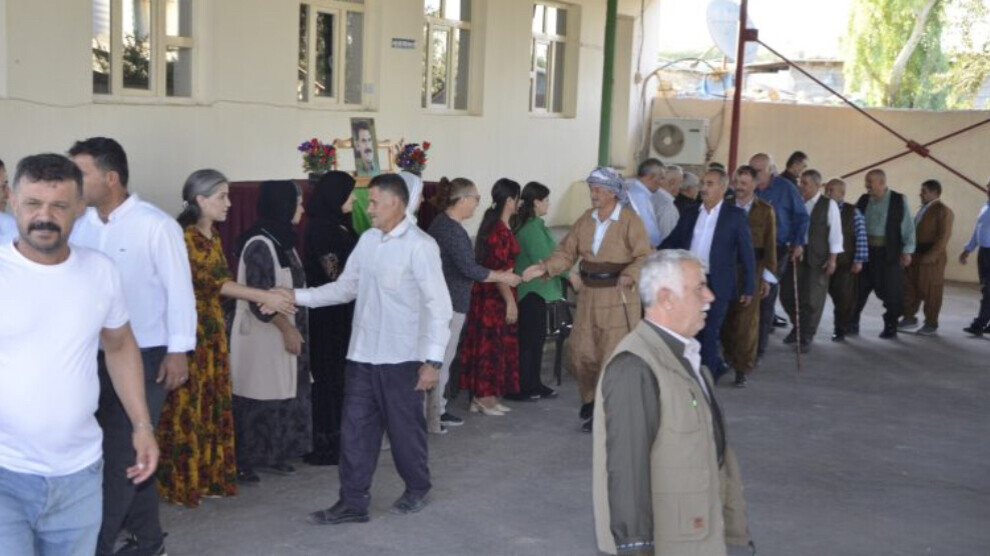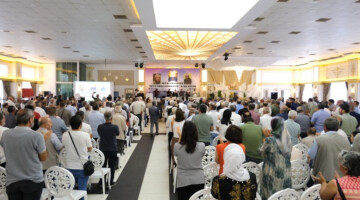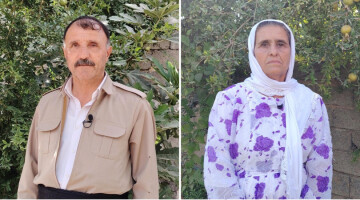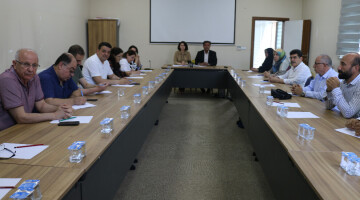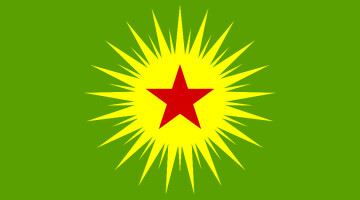Due to the embargo imposed by both the Iraqi government and the government of the Kurdistan Region of Iraq (KRI), living conditions in the Maxmur refugee camp are deteriorating dramatically.
The Maxmur camp is increasingly lacking essential goods such as medicine and food. While its residents are not allowed to work outside the camp, the Iraqi government has also blocked the import of building materials since April 10. For two years, the identity documents of thousands of people have not been renewed and the camp is largely cut off from the outside world.
A delegation from the Maxmur People's Council traveled to Baghdad on May 14 to discuss the lifting of the embargo imposed on April 10, the general situation of the camp population, and to develop solutions to the serious deficiencies. The residents of Maxmur had asked the delegates to convey their concerns to the Iraqi government. On the way back from this visit, delegation members, Ahmed Şehbaz, co-chair of the Maxmur People's Council, Edban Yılmaz, co-mayor of the camp, and Bewar Emin, co-spokesperson for the Foreign Relations Committee, were arrested.
The approximately 12,000 residents of the Şehid Rüstem Cudi (Maxmur) Refugee Camp are mostly Kurds who fled the Botan region in Northern Kurdistan (South-Eastern Turkey) in1994 due to the destruction of their villages by the Turkish military, as well as their descendants.
The camp residents are welcoming Eid al-Adha under an embargo. After the morning prayer on the first day of the holiday, people visited the Martyr Nujin Cemetery in the camp and wished everyone a happy holiday, starting with the families of martyrs. Following the visit, a holiday celebration was held at the Association of Martyrs' Families.
Speaking at the event, Imam Ali Spêrtî called for peace and brotherhood in the Islamic world, emphasizing that the embargo imposed on Maxmur is contrary to both Islam and humanity.
Spêrtî stated that Islam is “against occupation and injustice,” and criticized the administration in South Kurdistan for “opening its doors to occupiers while closing them to the people of Maxmur.”
Spêrtî said, “These embargoes and bans have no place in Islam or humanity.”
After the speeches and visits to the cemetery, the people of Maxmur celebrated each other's holidays and sent messages of solidarity.

